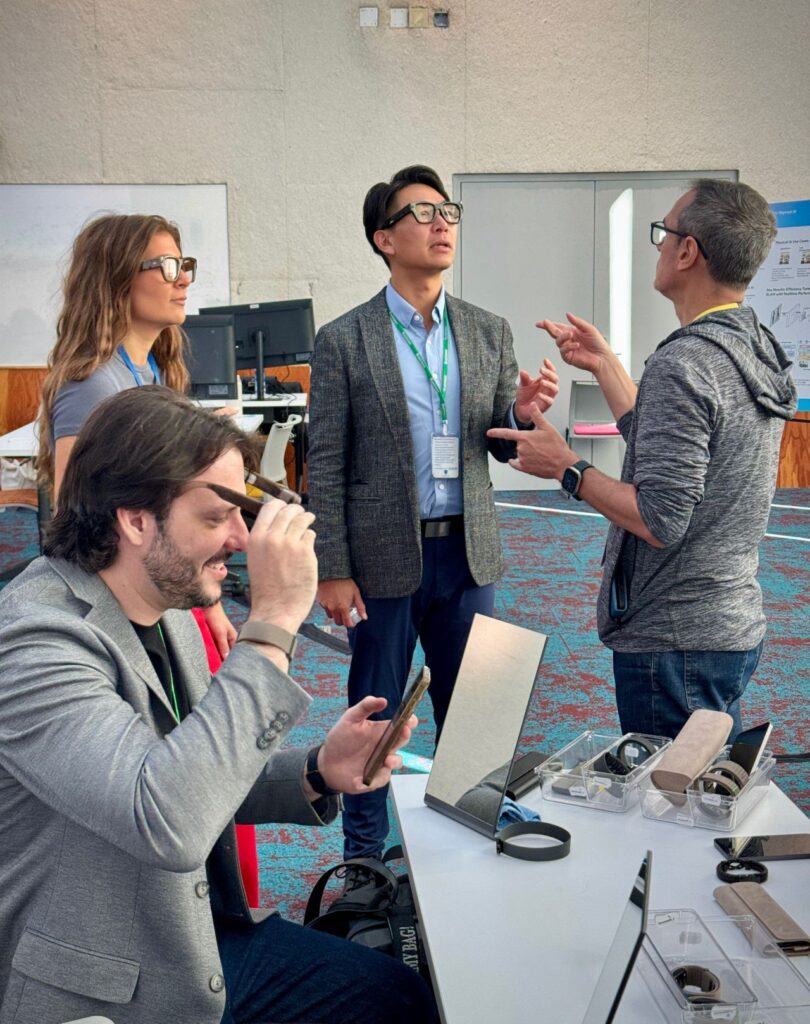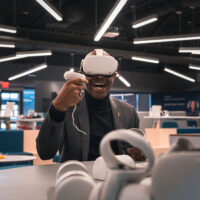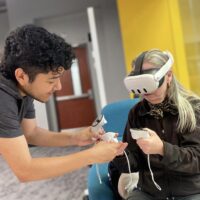Just returned from the Meta Global Innovation & Policy Flyout 2025, where technologists, policymakers, designers, and researchers came together to explore how AI, wearables, immersive computing, and intelligent messaging are reshaping human experience.



Across panels, fireside chats, and live demos of the new Meta Display Ray-Ban glasses, two insights from Andrew Bosworth, CTO of Meta Reality Labs, framed much of the week’s discussion:
1️⃣ “We’re not in an era of incremental change — this is a once-in-a-generation shift in how humans and machines understand each other.”
2️⃣ “The promise of assistive AI isn’t convenience — it’s dignity. It’s giving everyone the same power to participate, create, and belong.”
The Future of Human-Technology Relationships
The conversations throughout the summit centered less on devices themselves and more on the institutions, relationships, and design ethics that will shape how these technologies live within our societies.
Here are five themes that stood out:
🧠 AI as Co-Intelligence
AI as a collaborator, not a substitute — a system that listens, learns, and acts with us. The future of intelligence may be less about automation and more about amplification.
⌚ Wearables and the Post-Mobile Era
Computing that dissolves into perception, interaction, and context. The shift from “using” technology to inhabiting it redefines how we design for attention, embodiment, and flow.
📐 Equity as Infrastructure
Access and inclusion must be designed in from the start, not retrofitted later. Systems that reach everyone must be built with everyone.
🔐 Privacy as a Design Material
Transparency, bystander awareness, and social trust are not compliance features — they’re interaction principles. Ethical design becomes experiential, not administrative.
🏢 Governance as Design
Policy and innovation can no longer be reactive. Governance must be prototyped, tested, and evolved like the systems it seeks to shape.
A More Human Future
The discussions throughout the summit reaffirmed a simple but profound idea: technology must grow in proportion to our imagination, not just our capability.
The future of AI and immersive computing will depend on how we balance autonomy with accountability, scale with empathy, and progress with presence.
Acknowledgments
Thanks to everyone who contributed to this week’s exchange of ideas — Darren Touch, Andrea Vega Yudico, John Bockstanz, Rob Sherman, Dena Feldman, Danny Ullman, PhD, Adam Mangana, M.Ed., Amanda Federico, Jesus Franco Yescas, and Michael Blackledge — for your thoughtful conversations and shared commitment to human-centered innovation.




